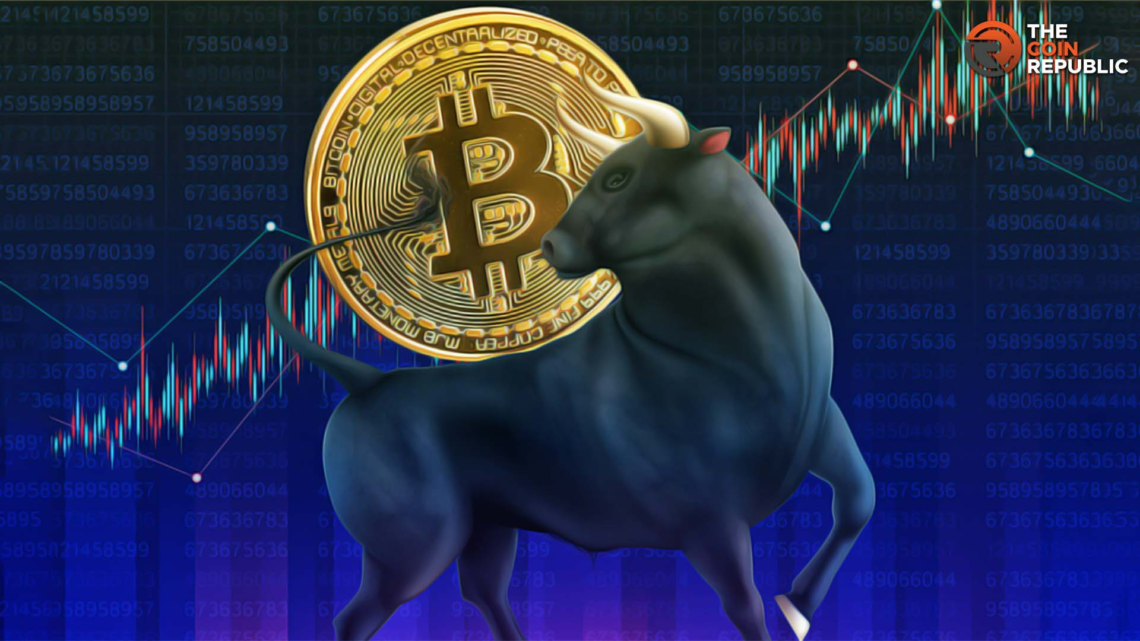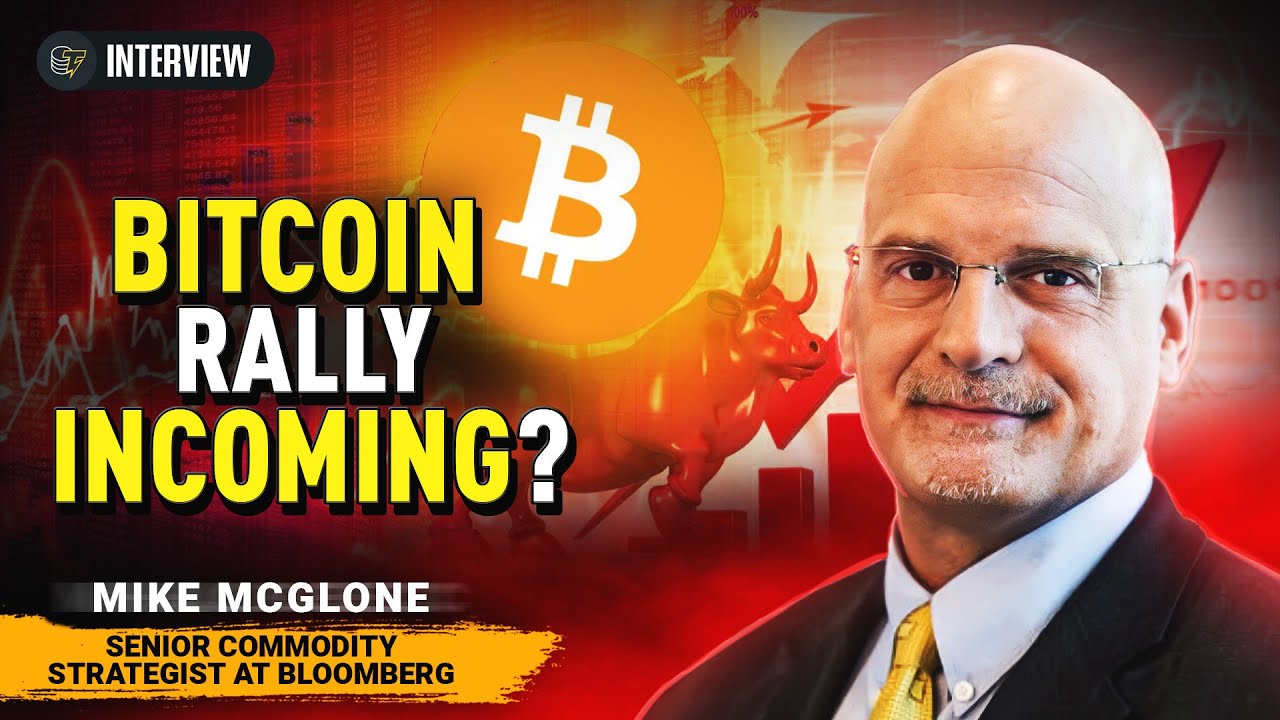A look at the candidates vying to be the next Senate majority leader
Vanessa Irino, a dedicated Texas mom, has made history by setting the Guinness World Record for the largest collection of Casper memorabilia.

As the Senate Republican leadership election heats up, three prominent candidates are competing to succeed Mitch McConnell as majority leader. South Dakota's John Thune, Texas's John Cornyn, and Florida's Rick Scott are actively campaigning for support among their colleagues. This election marks a significant moment, being the first seriously contested Senate Republican leadership race in decades.
Key Candidates:
-
John Thune (South Dakota): A seasoned senator with extensive experience in leadership roles, Thune is positioning himself as a unifying figure within the party.
-
John Cornyn (Texas): Known for his pragmatic approach, Cornyn is leveraging his long-standing relationships in the Senate to garner support.
-
Rick Scott (Florida): The former governor of Florida, Scott is gaining momentum with new endorsements following a recent candidate forum, showcasing his appeal among the party's base.
Current Developments:
-
Republican senators are convening behind closed doors to deliberate on their choice for the new leader, emphasizing the importance of this decision for the party's future direction.
-
President-elect Donald Trump has publicly weighed in on the race, urging candidates to align with his vision and suggesting changes to the leadership rules.
This election is pivotal as it not only determines the next Senate majority leader but also sets the tone for the Republican Party's strategy moving forward. As the race for the next Senate majority leader intensifies, three key candidates are emerging to take over from Mitch McConnell. South Dakota's John Thune, Texas's John Cornyn, and Florida's Rick Scott are all actively seeking the backing of their fellow senators. This election is particularly noteworthy as it represents the first serious contest for Senate Republican leadership in many years.
Key Candidates:
-
John Thune (South Dakota): With a wealth of experience in leadership, Thune aims to present himself as a unifying candidate for the party.
-
John Cornyn (Texas): Recognized for his practical approach, Cornyn is utilizing his established relationships within the Senate to build support.
-
Rick Scott (Florida): The former governor is gaining traction, bolstered by recent endorsements following a candidate forum that highlighted his appeal to the party's grassroots.
Current Developments:
-
Republican senators are meeting privately to discuss their preferences for the new leader, underscoring the significance of this choice for the party's trajectory.
-
President-elect Donald Trump has weighed in on the contest, encouraging candidates to align with his vision and proposing modifications to the leadership rules.
This election is crucial, as it will not only decide the next Senate majority leader but also influence the Republican Party's strategic direction in the coming years.
FAQ:
Q1: Who are the main candidates for the next Senate majority leader?
A1: The main candidates include John Thune (South Dakota), John Cornyn (Texas), and Rick Scott (Florida). Each candidate brings a unique perspective and experience to the race.
Q2: Why is this election significant?
A2: This election is significant because it marks the first seriously contested Senate Republican leadership race in decades. The outcome will influence the direction of the Republican Party and its legislative priorities.
Q3: What qualities are the candidates emphasizing in their campaigns?
A3: Candidates are focusing on leadership experience, the ability to unify the party, and strategic vision for the future. They are also discussing their relationships with fellow senators and their approaches to key issues.
Q4: How are the candidates gaining support among their colleagues?
A4: Candidates are campaigning actively, holding forums, and engaging in discussions with their fellow senators to secure endorsements and build alliances. Personal relationships and past legislative successes also play a crucial role in gaining support.
Q5: What role does former President Donald Trump play in this election?
A5: Former President Donald Trump has publicly expressed his opinions on the candidates and has encouraged them to align with his vision for the Republican Party, which may influence the decision-making process among senators.
Q6: When will the new Senate majority leader be elected?
A6: The election for the new Senate majority leader is expected to take place during the upcoming closed-door meetings of Republican senators, with a specific date determined by the party leadership.
Q7: What impact will the new majority leader have on the Senate?
A7: The new majority leader will play a crucial role in setting the legislative agenda, guiding party strategy, and influencing negotiations on key issues. Their leadership style and priorities will significantly shape the Senate's operations.
Q8: How can I stay updated on the election and the candidates?
A8: You can stay updated by following news outlets, political blogs, and official announcements from the Senate Republican leadership. Social media platforms and candidate websites also provide regular updates on their campaigns.
What's Your Reaction?
















